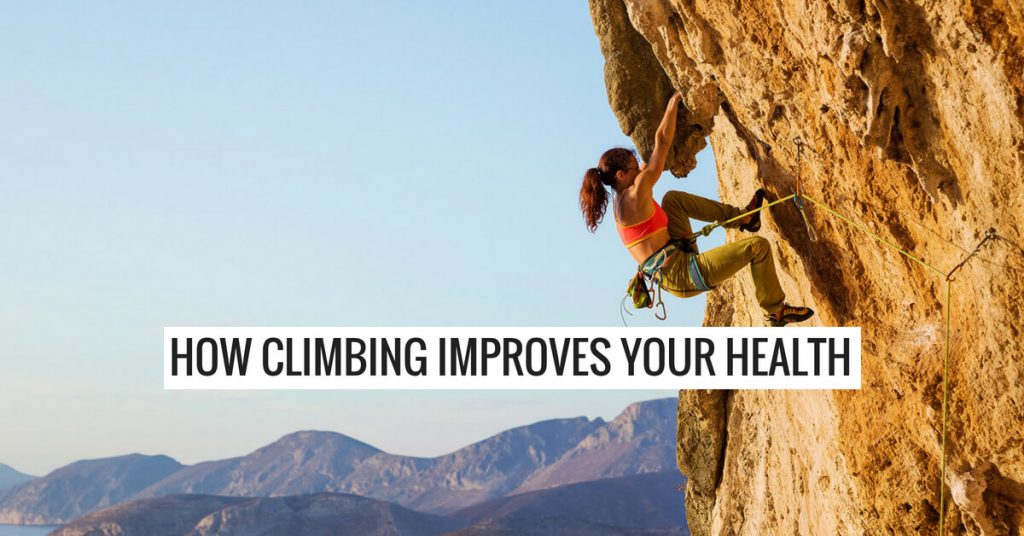Physical Benefits
Until you’ve tried climbing, you may think all climbers have hands made of leather, an irrational lack of fear of heights, and an unnecessary desire for adrenaline rushes. Well, you’re not wrong…but that doesn’t mean us amateurs can’t give it a go!
The best thing about climbing, no matter what level you’re at, is that it doesn’t just require the use of singular muscle groups. Instead, it’s an incredible full-body workout. Your grip strength is certainly tested, and this is one area that takes a while for beginners to build up (fingers, hands and forearms), but it definitely does improve over time. Your arms, back and legs are all used continuously to push and pull you up the wall, and your core is inherent in keeping you balanced throughout. Clearly, all major muscle groups are worked hard during a climbing session, and believe us, if you’ve not climbed much before, you’ll be aching for a good few days afterwards in places you didn’t even know could hurt! But we’re meant to be persuading you climbing is fun and good for you…so err, no pain no gain, right?
Not only does climbing or bouldering strengthen and tone your muscles, but it gives you a great cardiovascular workout as your heartrate increases dramatically during the climbs themselves, and drops during rest periods. Yet another benefit is that it increases your range of motion. Or rather, if you increase your range of motion then it significantly helps you in climbing to stretch and contort your body into exorcism-like positions. Indeed, that sounds very strange, but improving your flexibility undoubtedly improves your climbing ability, and also helps injury prevention in other sports.
Mental Benefits
Now, you might think how on earth does climbing challenge you mentally, and it’s a fair point, you don’t associate climbing as being mentally stimulating. But in the same way a rugby team may work to solve the problem of how to get past the opposition’s defence, a climber will look at a wall/rock (or coloured routes on an indoor wall) and seek to solve the problem of ascending it. In this sense, climbing can also be extremely therapeutic, because you are immersing yourself into concentrating solely on your next move. Another plus, is the tangible nature of the problem solving, i.e. if you reach the top of the wall, you’ve smashed it! It can help to grow your confidence and you can see visible progression by moving onwards and upwards to new colours and new routes.
Okay, you get it, climbing’s good for you, both physically and mentally. Going with a bunch of friends can be a great social sport, egging each other on, helping each other out, and having a good old natter in between climbs. Going on your own can be a great stress release, allowing yourself to become immersed in the mental and physical problem solving challenging that different routes offer. You can’t lose hey? Just remember to warm up and stretch before, you’ll thank us later!
